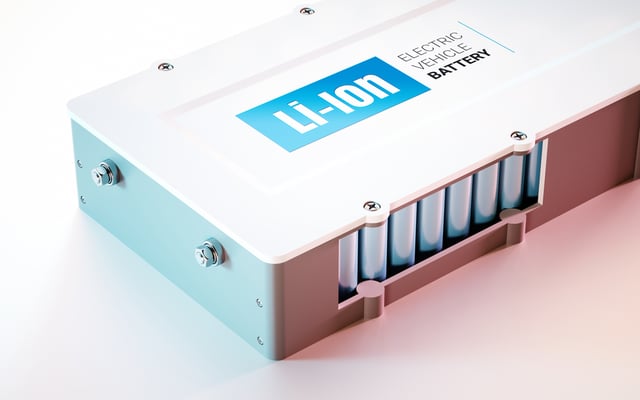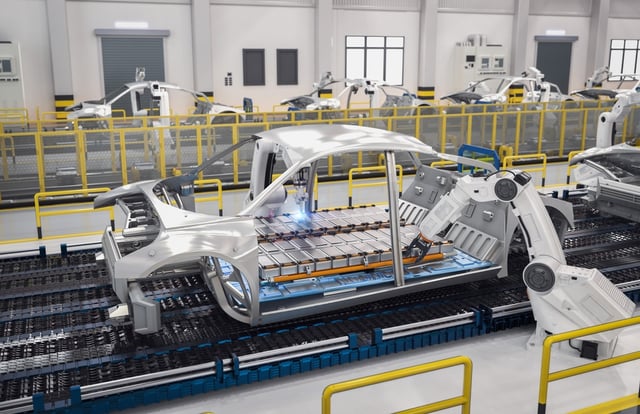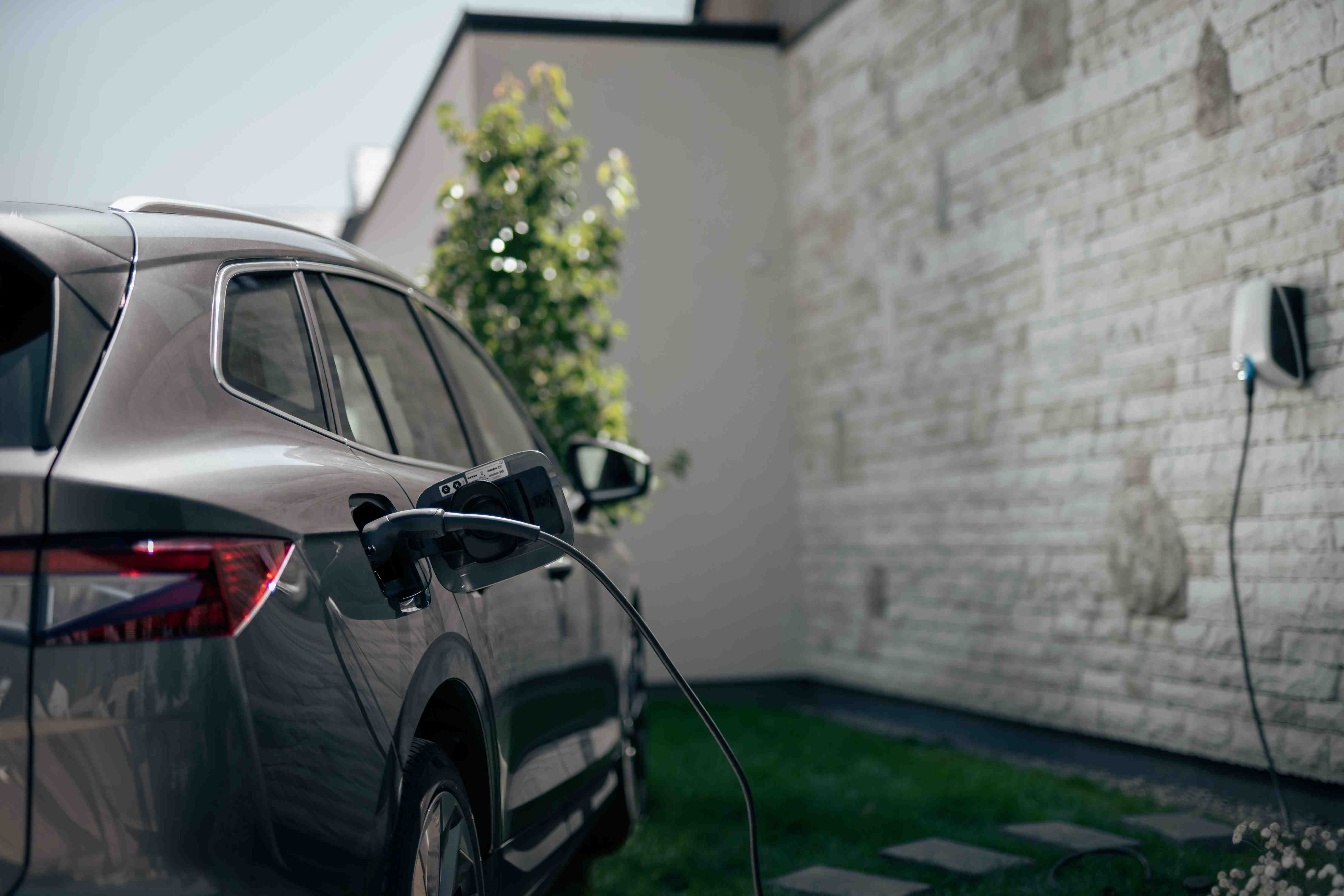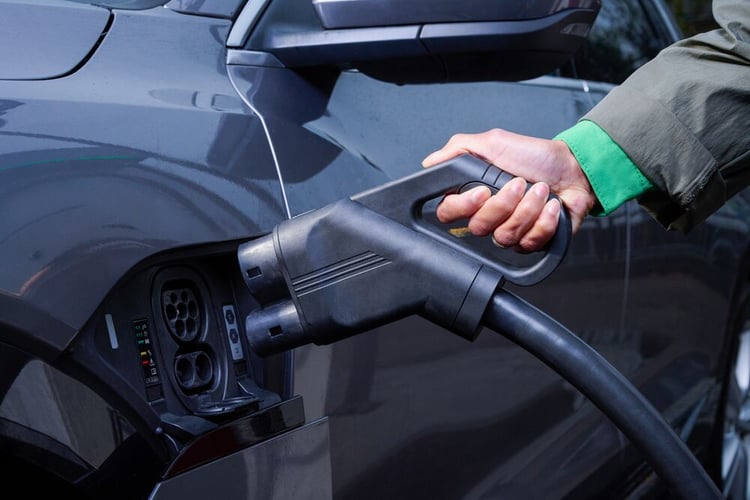
On average, current EV battery packs cost around £8,000 to £10,000.
EV market growth and electric car battery costs
If there were any doubts that electric mobility is becoming the new norm, PwC recently reported that global EV sales grew by 75% in Q3 2022 compared to the previous year.

While many drivers are considering buying an electric car, its hefty price tag is still one of the main barriers to EV adoption. By far the main component of that price is an EV’s battery. Despite a recent rise in battery costs, the overall trend this past decade has been one of considerable price reduction, and this is expected to continue over the coming years.
In this article, we'll take a deep-dive into the factors that determine an EV battery’s price, replacement costs, and what you can do to keep your car’s battery in good health so you can extend its lifespan as much as possible.
Why is an electric car battery so expensive?
Nowadays, it’s not much of a surprise that batteries are expensive. But why exactly do they cost so much? Obviously, the materials used contribute to the price, but the story is slightly more complex than that. Let’s break down the factors that make up an EV battery’s cost.
What are EV batteries made of?
Like the battery in your phone or laptop, an EV’s battery pack is mainly made of lithium – only on a much larger scale, with thousands of rechargeable interconnected lithium-ion cells.

Because it’s much bigger than the battery in your phone and designed specifically for high-intensity use, EV batteries are more resilient and longer lasting than most consumer electronics.
Creating an EV battery requires a range of materials and elements, many of which are rare or difficult to extract. Besides lithium, EV batteries commonly use metals like nickel, cobalt, manganese, and graphite, as well as steel or aluminium to enclose the battery pack.
The variety of materials used and the difficulty in sourcing them can often drive up the cost of an EV battery significantly.

Supply and demand gap
The challenge of finding materials for EV batteries is exacerbated by the explosive growth in demand for electric vehicles, which puts pressure on supply chains to deliver more and more resources.
Since the beginning of 2020, the automotive sector has struggled with ongoing shortages of computer chips, which continue to impact the cost of making an EV. On top of that, challenges in sourcing enough lithium have held back many EV companies and forced them to increase prices further.
All of these reasons have pushed lithium prices to an all-time high in 12 years, which translates to a rise in EV battery costs. And with global manufacturers investing more than $500 billion in electrifying their fleets, we might still see further price increases as carmakers compete for the available supply.
Manufacturing of electric car batteries
Manufacturing also contributes to the cost of an EV battery. Compared to other types of batteries, EV batteries have particularly high energy density – a measure of how much energy can be stored in a given weight. This is essential to maximise the power that can be stored while limiting the car’s weight and ensuring optimal range.

Achieving high energy density requires expertise which few countries and companies have. China currently produces about 70% of EV batteries, with the US, Japan, and Korea also holding an important share of the market.
Naturally, this concentrated know-how drives up battery prices, and while countries like the US, EU and even the UK are trying to develop domestic production. But with companies collapsing from dwindling investment and industry competition like Britishvolt, China is likely to remain the leading EV battery supplier until at least 2030.
Replacement of electric car batteries
Given how much EV batteries cost in the first place, it shouldn’t come as a surprise that replacing the battery in an EV is a significant investment.
That said, having to replace an EV’s battery is extremely rare.
How often do EV batteries need to be replaced?
Currently, EV batteries are expected to last somewhere between 15 to 20 years or 100,000 to 200,000 miles depending on your driving behaviour, which is far longer than the life expectancy of an average car.
EV battery replacement cost
In the unlikely case that you will need to replace your car’s battery, it can cost anywhere from free to upwards of tens of thousands of pounds, depending on whether it’s under warranty or not. The current cost of a battery is around £118 per kilo-watt hour, to give some context a Tesla Model S 100 kWh battery would cost around £11,800 to replace.

How much a battery costs to replace also depends on the vehicle. While some models have easily accessible and standardised battery packs, others may be challenging to remove or use custom-made batteries, which can be more challenging to source.
Even if your battery does fail, most EV manufacturers offer at least an 8-10 years warranty on the battery pack, meaning your vehicle is very likely to be covered for most of its life and won’t cost you anything to repair.
Prolonging battery life of electric cars
While EV batteries last a long time and benefit from extended warranties, as the saying goes, it’s better to be safe than sorry. So, instead of waiting for your battery to die, there are simple steps you can take to prolong its life and minimise ageing.
For instance, batteries are placed under strain when charged fully or drained completely empty, so it’s recommended to keep your EV’s battery charge between 20 and 80 percent for everyday use. Similarly, charging your EV too often can also wear down the battery, so it’s advised to only charge as much as you need for your use.

Related articles

Is DC fast charging bad for your EV battery?
While there is research that shows that frequent rapid (DC) charging can somewhat degrade the battery quicker than AC...

5 things you didn't know about EV batteries
There’s little doubt that electric mobility is the future. Electric vehicle (EV) sales have skyrocketed in the past few...

Electric car battery weight explained
How much an electric vehicle (EV) battery weighs depends greatly on the vehicle and model. On average, however, EV...